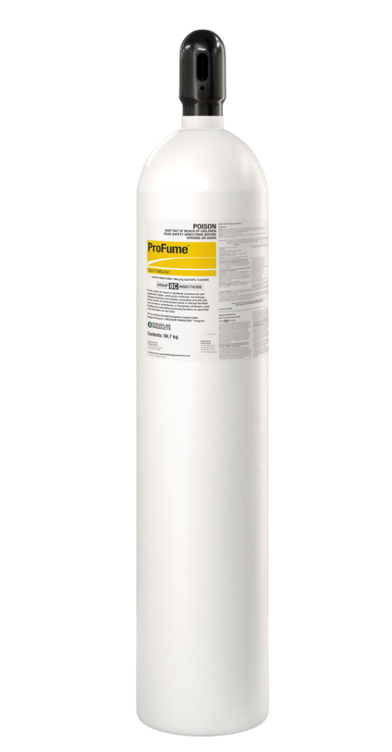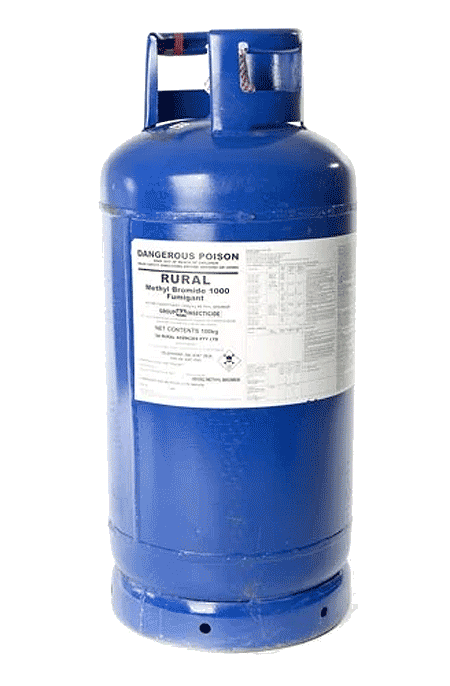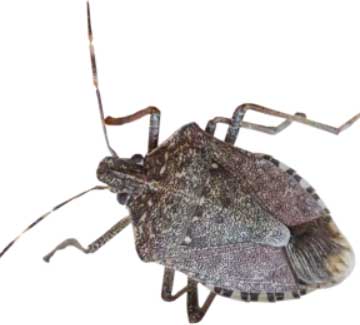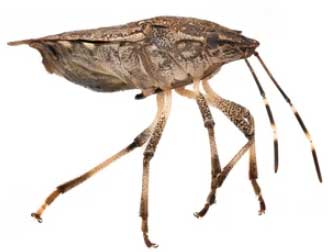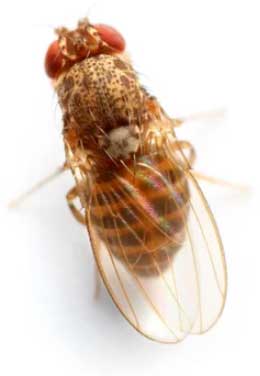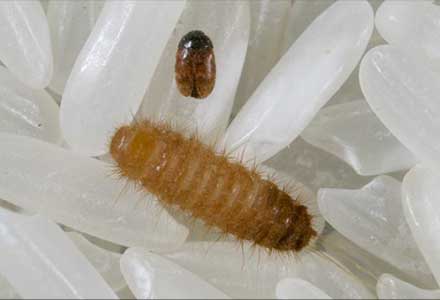PROFUME® FUMIGANT
TriCal Australia is the only Australian distributor of ProFume®, an award winning Douglas Products' fumigant which has been used to replace Methyl Bromide and aluminum phosphide fumigants across a wide range of post-harvest, quarantine, and pre-shipment fumigation activities. ProFume has been successful in controlling Phosphine resistant insect pests in the grain growing areas of Australia.
ProFume is an excellent rotation fumigant for the grain industry. Interchanged with Phosphine, it delivers a cost effective resistance management strategy that increases the useful life of Phosphine in grain protection. The use of ProFume in this way is a credible industry wide strategy that provides the grain industry with options not previously available.
